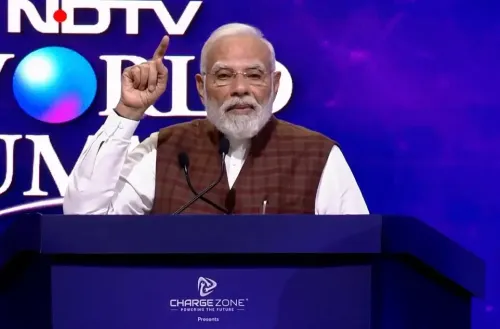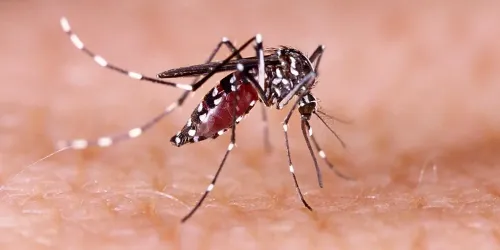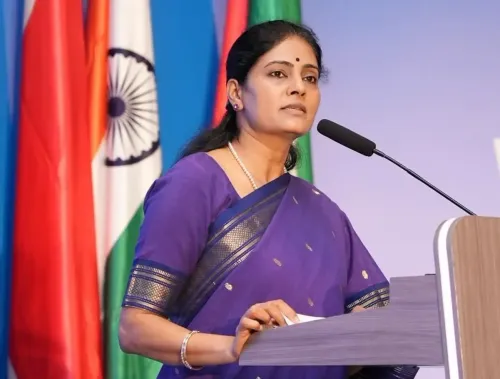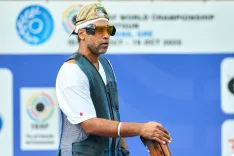Is Quality Healthcare Incomplete Without Patient Safety? J&K CM
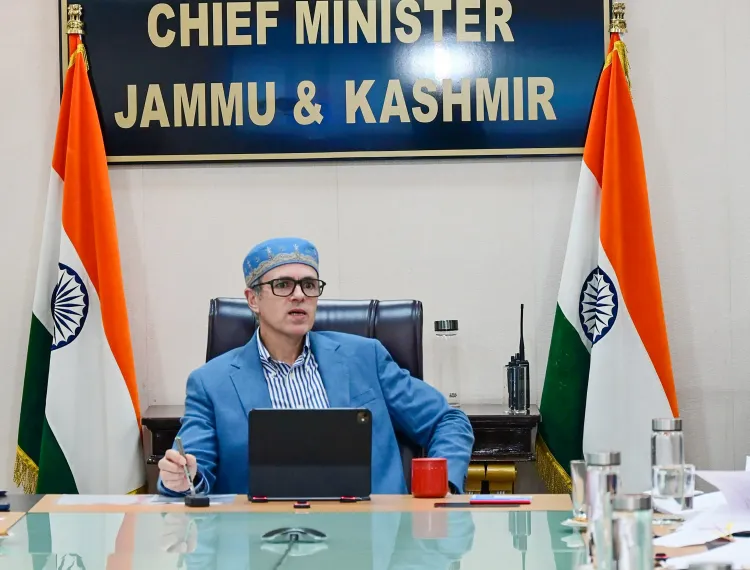
Synopsis
Key Takeaways
- Integration of patient care and safety is essential for quality healthcare.
- Healthcare institutions must focus on safety protocols and ongoing staff training.
- Conferences like this foster a culture of learning and collaboration.
- Adoption of global best practices is crucial for minimizing risks.
- A transparent system prioritizing patient welfare is necessary.
Srinagar, Oct 18 (NationPress) The Chief Minister of Jammu and Kashmir, Omar Abdullah, highlighted the critical need for merging patient care with patient safety in leading health facilities on Saturday.
During the inauguration of the National Conference on Patient Safety at the Sher-i-Kashmir International Conference Centre (SKICC), Srinagar, he stressed the immediate requirement to unify patient care and safety to establish a resilient and responsive healthcare system in Jammu and Kashmir.
In his inaugural address, the Chief Minister asserted that quality healthcare is fundamentally incomplete without prioritizing patient safety, urging that all healthcare establishments must focus on implementing safety protocols, ongoing monitoring, and enhancing the skills of medical personnel.
He called for the discussions at the conference to lead to practical results aimed at improving safety standards across hospitals in the Union Territory.
Emphasizing the government’s commitment to healthcare reforms, he advocated for the incorporation of international best practices and innovative approaches in hospital management to reduce risks and enhance patient outcomes.
Omar Abdullah also highlighted the necessity of a transparent and accountable healthcare system that prioritizes patient welfare. He commended the Sher-i-Kashmir Institute of Medical Sciences (SKIMS) for hosting such a significant conference, noting that these gatherings are essential for promoting a culture of safety, collaboration, and learning among healthcare professionals.
The conference convened policymakers, healthcare experts, and researchers nationwide to discuss strategies for fortifying patient safety measures and creating a more compassionate and secure healthcare environment in J&K.
Jammu and Kashmir boasts a well-structured three-tier public healthcare system encompassing primary, secondary, and tertiary health institutions.
Currently, J&K has 11 medical colleges, with a total of 1675 MBBS seats. A super specialty hospital in Jammu is operational, and two AIIMS facilities are being constructed, one in Jammu and the other in the Valley.
SKICC serves as the preeminent tertiary healthcare institution in Kashmir, complemented by hospitals attached to each medical college as well as district, sub-district, and primary healthcare centers throughout J&K.

